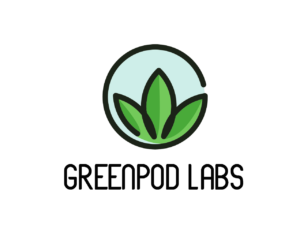Meet the Past Ray of Hope Prize Recipients
The Ray of Hope program supports nature-inspired startups to scale systemic solutions to the world’s most pressing environmental challenges. Each of the participating startups have the potential to regenerate nature, reduce the impacts of climate change and eliminate the current ‘take, make, waste’ paradigm. Launched in 2016 as a design competition, the program then evolved into a $100,000 startup prize competition associated with a 10-week program (2020-2023). You can learn more about the prize winners below.
2024 marks the evolution away from the prize model into a 6-month accelerator program. Read this blog post to learn more about this evolution and our vision for the future.
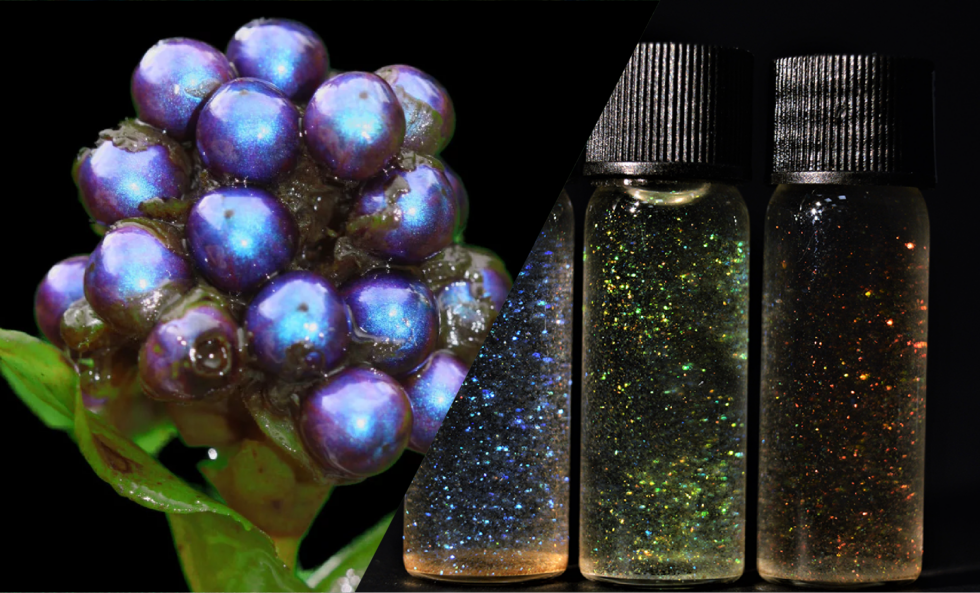
2023 Recipient Sparxell
United Kingdom – Sparxell is creating the next generation of colors and effects with vibrant, metal-like pigments, all from plant-based cellulose. By utilizing cellulose in pigment production, Sparxell is showing how nature can color our world without the harmful environmental and societal effects of mined and synthetic minerals. Learn more here.

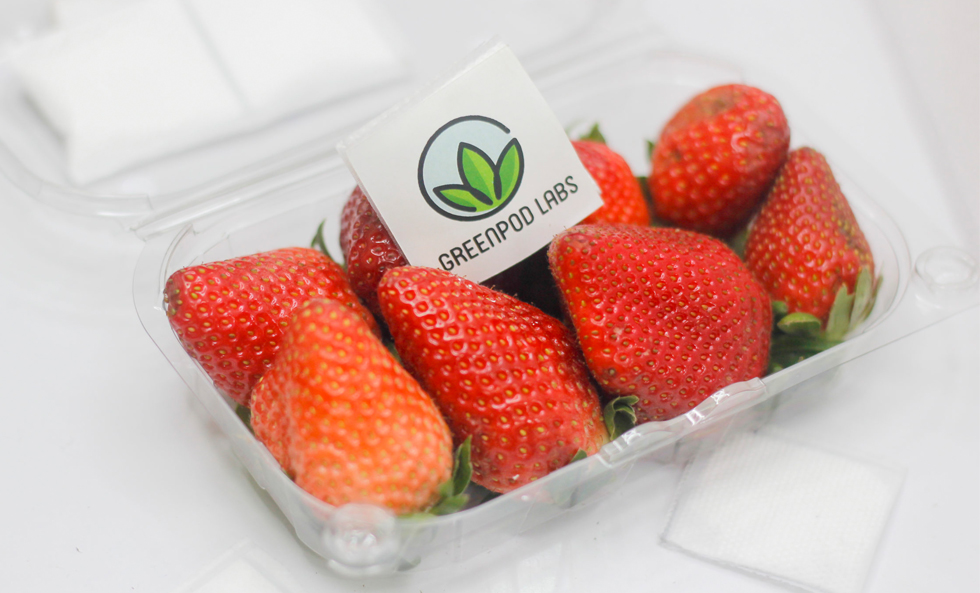
2022 Recipient GreenPod Labs
India – India is the second largest producer of fruits and vegetables, but ~40% of fresh produce is lost before it reaches consumers. GreenPod Labs have created bio-inspired packaging sachets that release plant based volatiles to activate the built-in defense mechanism within specific fruits or vegetables, in order to slow down the ripening rate and minimize microbial growth. By understanding crop physiology and spoilage types, GreenPod Labs is able to create the right formulation for produce to fight against biotic and abiotic stresses at ambient temperature, lessening the need for cold storage and cold supply chains. Learn more here.
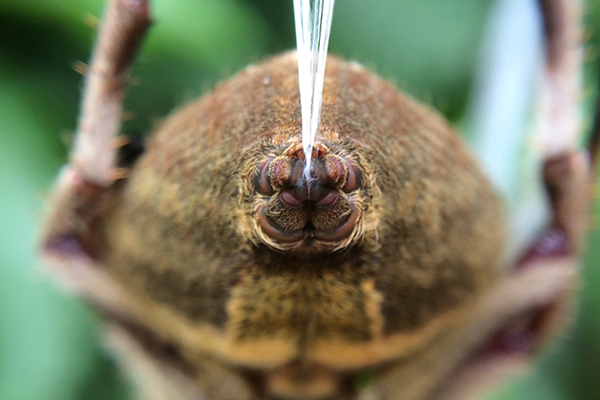
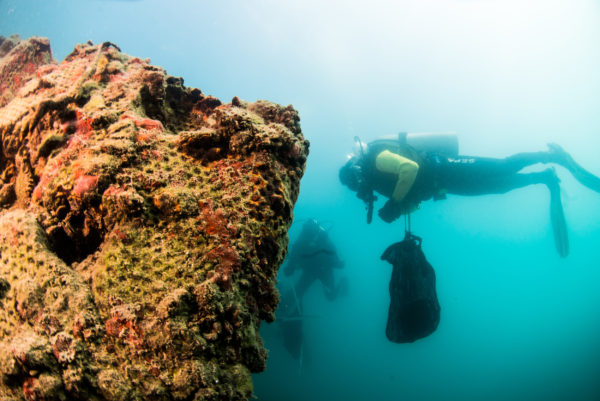
2020 Recipient Econcrete
Tel Aviv, Israel – ECOncrete® has developed high performance, environmentally sensitive concrete products for marine infrastructure projects. By encouraging native marine growth on their products, they turn typical gray infrastructure into regenerative ecosystems that increase in strength and durability through a process called bioprotection.
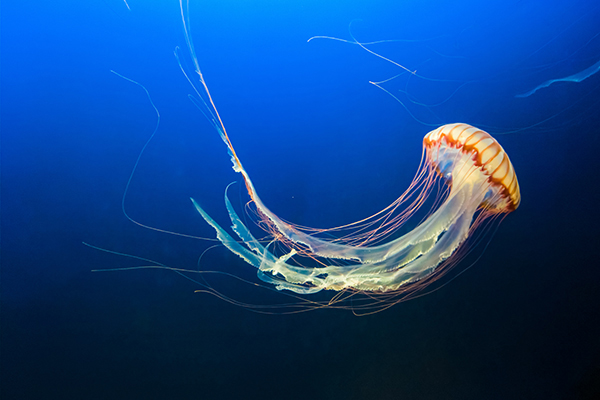
2019 Recipient Watchtower
Boston, Massachusetts – Watchtower uses a next-generation, flexible robot to inspect water pipes, locating leaks for utilities to easily fix. The strategy is to build a robot that is like a squid or gecko; it leaves behind a piece at every leak it finds in an underground water pipe. This piece has a beacon effect that allows maintenance crews to locate it with wireless scanners from above ground, pinpoint the location of the leaks, and know where to dig and fix them. ![]()
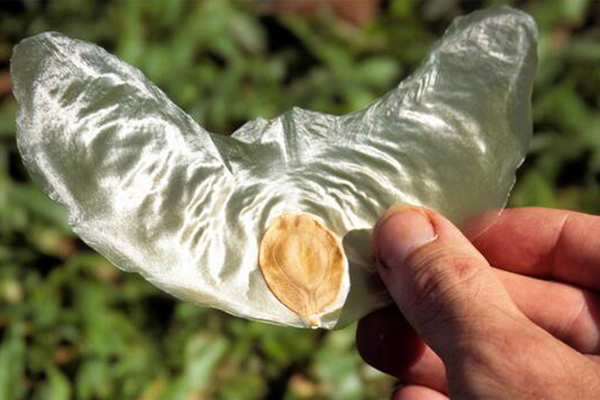
2018 Recipient Nucleário
Rio de Janeiro, Brazil – Inspired by winged seeds, bromeliads, and forest leaf litter, Nucleário offers a smarter, cheaper, and faster approach for large-scale forest restoration by providing innovative products proven to reduce seedling maintenance. The Nucleário Planting System eliminates the need for irrigation, herbicides, and pesticides. 
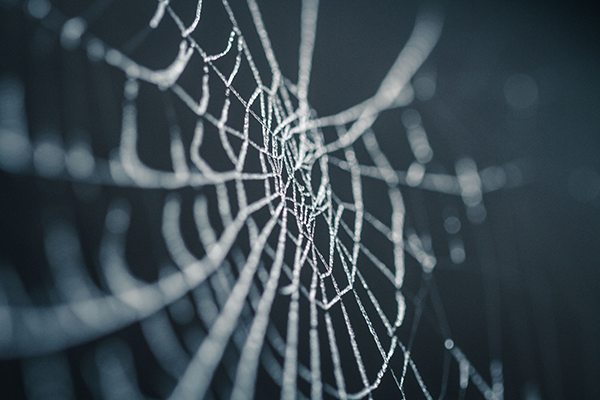
2017 Recipient NexLoop
Croatia, United States, Germany – NexLoop designs biomimetic products and systems to collect and integrate in situ atmospheric water sources into sustainable and affordable urban food production. The design is a modular, scalable building envelope system for food production applications, such as greenhouses, indoor vertical farms, and container farms. The system combines multiple functions from champion species like spiders, ice plants, and mycorrhizal fungi, to capture, filter, store, and distribution water for food growing. ![]() .
.
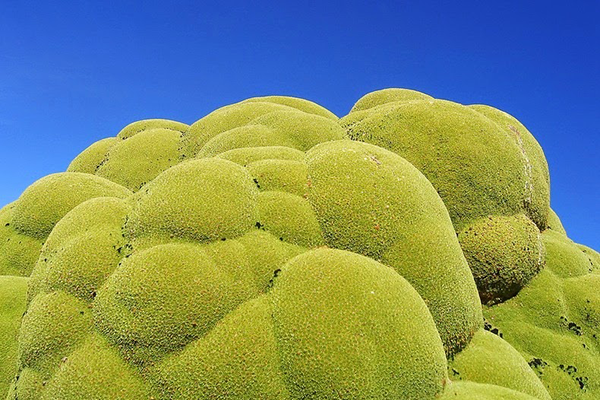
2016 Recipient LifePatch
Quillota, Chile – A team from the Ceres Regional Center for Fruit and Vegetable Innovation in Chile designed a new way of protecting growing seedlings that emulates the way hardy “nurse” plants establish themselves in degraded soils and pave the way for new plant species to grow. The LifePatch returns vitality to the soil by improving conditions for seedlings and exposing them to a mix of nutrients, is fabricated with natural fibers, and biodegrades after one season. With 25% of the world’s soils degraded, this startup innovation provides a way to grow and protect new plants and ensure that the soil can be regenerated to feed our growing population. .
Sponsors & Supporters
As a non-profit accelerator program, we exist thanks to the generous support of our founding partner, the Ray C. Anderson Foundation and additional funding partners and donors. To learn how you or your organization can help us enable a nature-positive world, contact us at [email protected].
Sign up for the Biomimicry Institute’s Innovation newsletter to stay up to date about the latest biomimetic technologies and news.
Support the Next Generation
of Nature-Inspired Innovators
By donating to the Biomimicry Institute, you help us empower more nature-inspired innovators. Together, we will build a strong and sustainable global community dedicated to eliminating the need for extractive industries and revitalizing degraded ecosystems.

